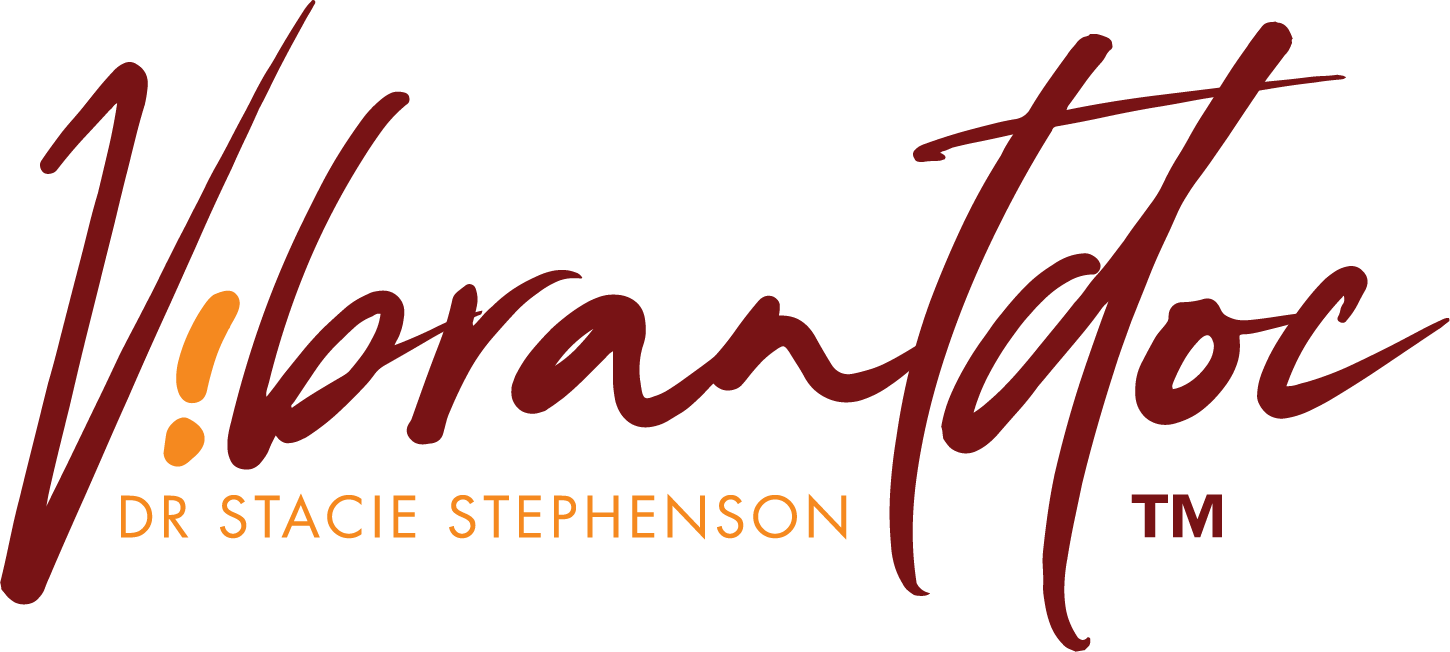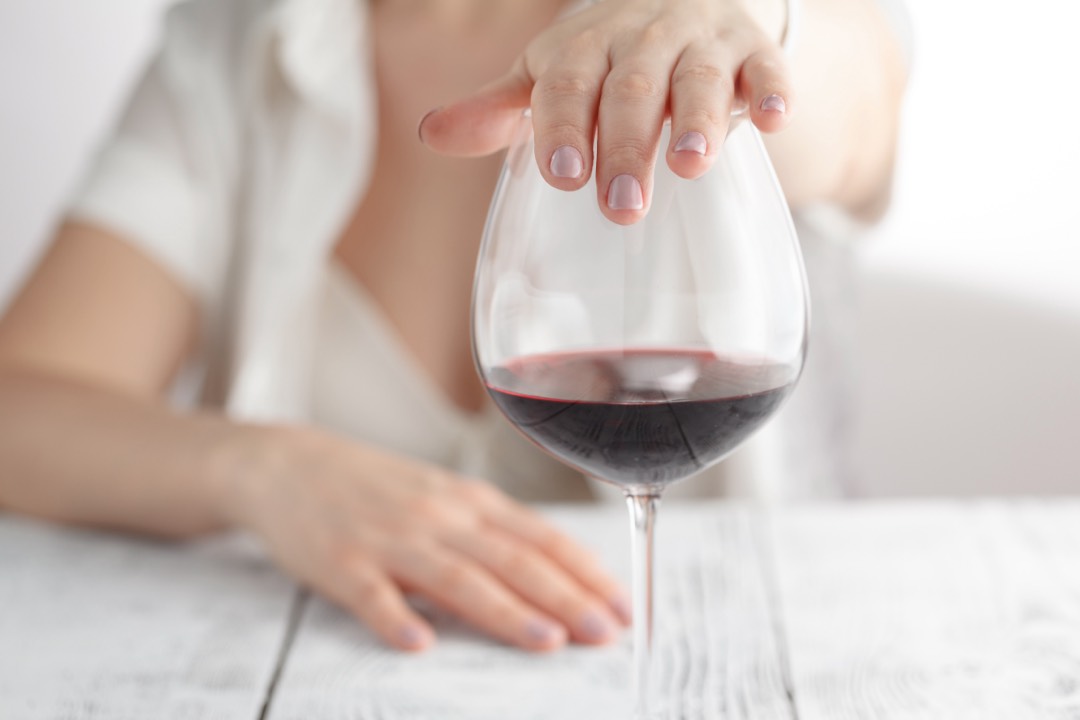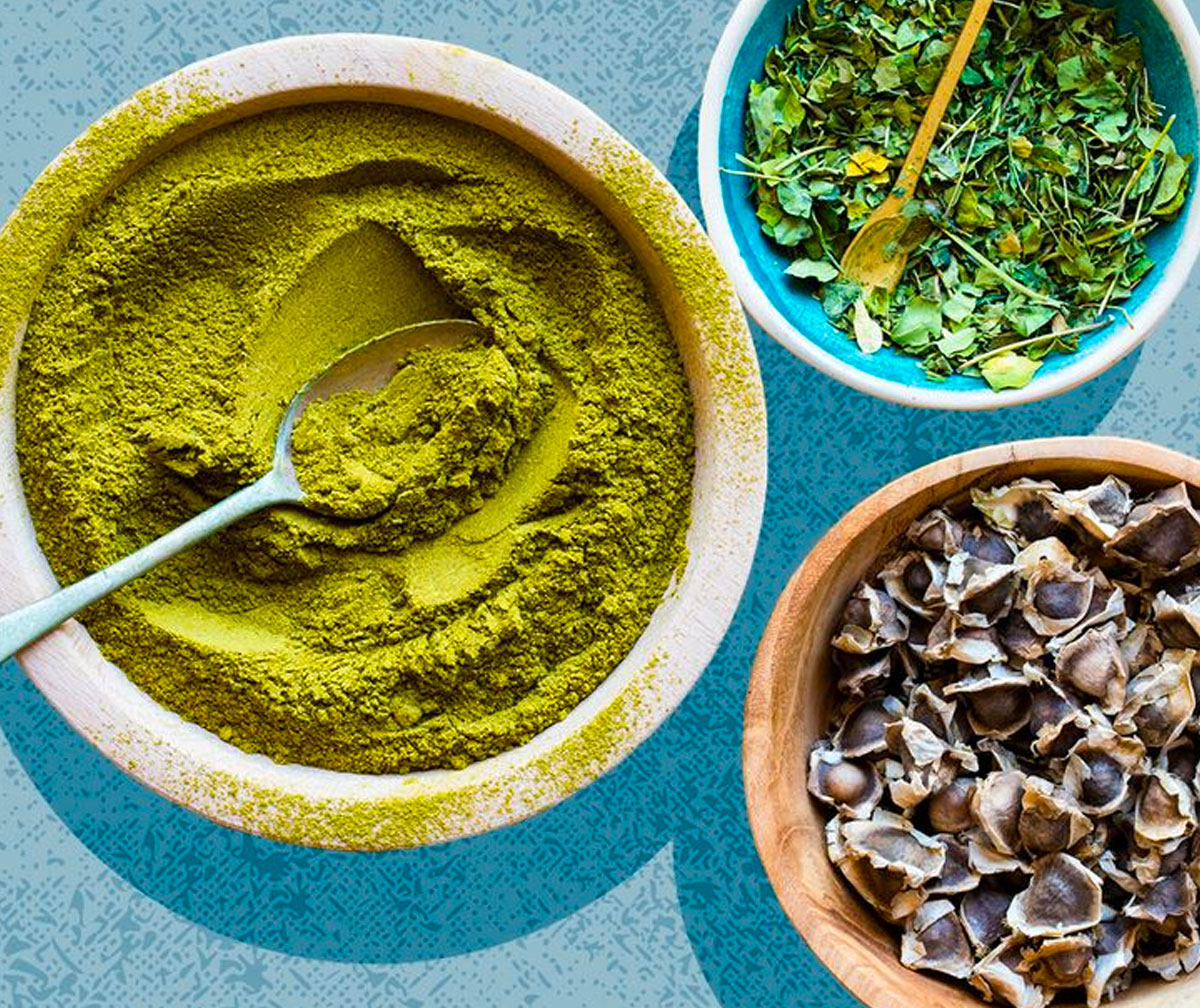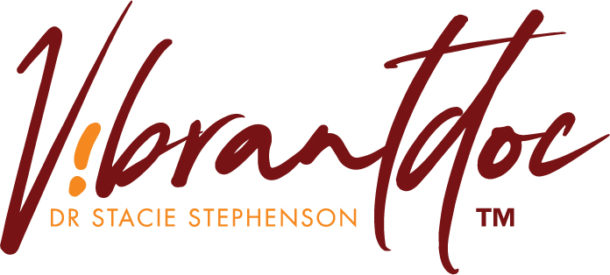5 Reasons Not To Give Up On Dry January
January 18th, 2022 / Lifestyle Medicine & Nutrition
It’s half way through the month some people call Dry January. Maybe this year, you vowed to do it. No alcohol for the whole month! And so far so good. You’ve avoided alcohol…maybe perfectly, maybe mostly perfectly…but as you head into week three, the original thrill of changing up a habit has worn off and lately you’ve been thinking how nice it would be to have just a little glass of wine, just one refreshing beer, one teensy weensy cocktail…and here I am, ready to spoil all your fun because I’m going to tell you: Don’t do it!
I have no problem with having a drink now and then, especially for a special occasion, but if you are one of those people who unwinds with a drink on most days, even if you only have one or two, then Dry January is a great practice. It isn’t forever. It’s just four weeks. But in those four weeks, wonderful things can happen, that matter, even if you go back to your regular habits on February 1. Here are my five top reasons why you might not want to be so quick to give up on Dry January before the month is over:
1.) Alcohol is good for you and bad for you, but taking a break is always good for you. There are a lot of studies about the benefits and the risks of alcohol—light to moderate drinking does appear to reduce the risk of heart attack and stroke, but this benefit completely disappears and the risks get worse with heavy drinking. The problem with drinking on most days is that you build a tolerance, so that nice buzz you get from one glass of wine doesn’t kick in after a while until you up your intake to two glasses, or three. Some studies suggest that women have an increased risk of coronary heart disease if they have more than 28 drinks per week, and that any heart health benefits begin to fade after more than 1 drink per day (2 for men). The National Institute on Alcohol Abuse and Alcoholism says that no one, women or men, should have more than one drink per day over age 65. So while taking a month off won’t erase any benefits you get from regular alcohol drinking, it can reset your intake level, so you can calibrate back to one glass—and maybe not every day.
2.) Dry January will make you look younger. Alcohol ages skin. Having more than one drink per day sucks the moisture out of skin, increases wrinkles around the eyes and forehead, makes eyes puffier, makes skin look more shriveled, increases wrinkles around the lips and mouth, and increases the appearances of blood vessels in the face, according to a 2019 study published in The Journal of Clinical and Aesthetic Dermatology. During Dry January, if you replace alcohol with water and rehydrate yourself with half your body weight in ounces of water every day, you can see a lot of those signs of aging reversing. Try taking a picture of yourself on January 1 and again on January 31 and you’ll see the difference.
3.) You’ll feel happier. Sure, you’re bound to feel grumpy now and then and you might even feel annoyed that you “can’t” have a drink. It’s also true that in the short term, alcohol can boost your mood and make you feel better. In the longer term however, studies have shown that regular alcohol use tends to make people less self-aware, and can increase hostility and sadness, especially in men. It’s also highly correlated with depression—one study showed that alcohol-dependent people had a 63.8% rate of depression. One interesting study examined how people felt the day after having a drink, and showed that every one additional drink predicted a significant decrease in the average happiness score on the next day, for both women and men but more strongly for women. Think about that: Every drink you have, no matter how it makes you feel as you have it, could make tomorrow subsequently worse. Just imagine how much better you could feel after a month!
4.) You’ll sleep better, and enjoy all the benefits that come with better sleep. While you may fall asleep faster and not remember waking up much after a night of drinking, alcohol actually disrupts your circadian rhythm, reducing important REM sleep and reducing sleep quality, especially during the second half of the night. Alcoholics often suffer from what one study called “profound insomnia,” but even moderate drinkers may, over time, suffer from reduced sleep quality and disrupted sleep homeostasis, which just means that the normal patterns of sleep are disrupted. This can cause daytime sleepiness, carb cravings and weight gain due to disruptions of the hunger and fullness hormones leptin and ghrelin, and
5.) You are training your brain. We all get tempted and we all have cravings, but what you do in response to those temptations and cravings sets a standard in your brain. Willpower is a limited resource and when you are tired or in a bad mood or stressed, it’s harder not to give in to cravings and temptations. But willpower is also like a muscle. The more you use it, the stronger it gets. Whenever you follow through with your intention and don’t give in to a craving for something you’ve decided not to have, you reinforce “automaticity,” or the ability to do the new habit without thinking about it. You are building your willpower muscles and automating your good habit—which can mean that come February 1, drinking alcohol will no longer be a habit, but an occasional conscious choice.
You may also like…
I’m a Doctor and Here’s How to Become Younger
‘I'm a Doctor and Here's How to Become YoungerHeather Newgen / January 16, 2022 / Lifestyle Medicine & Nutrition1...
4 Things You Need To Be Doing for Your Skin This Winter
‘I’m a Functional Medicine Doctor—Here Are 4 Things You Need To Be Doing for Your Skin This Winter’Kara Jillian Brown...
Possible Health Benefits of Moringa
Possible Health Benefits of MoringaJessica Migala / April 15, 2022 / Lifestyle Medicine & Nutrition Moringa leaf,...





